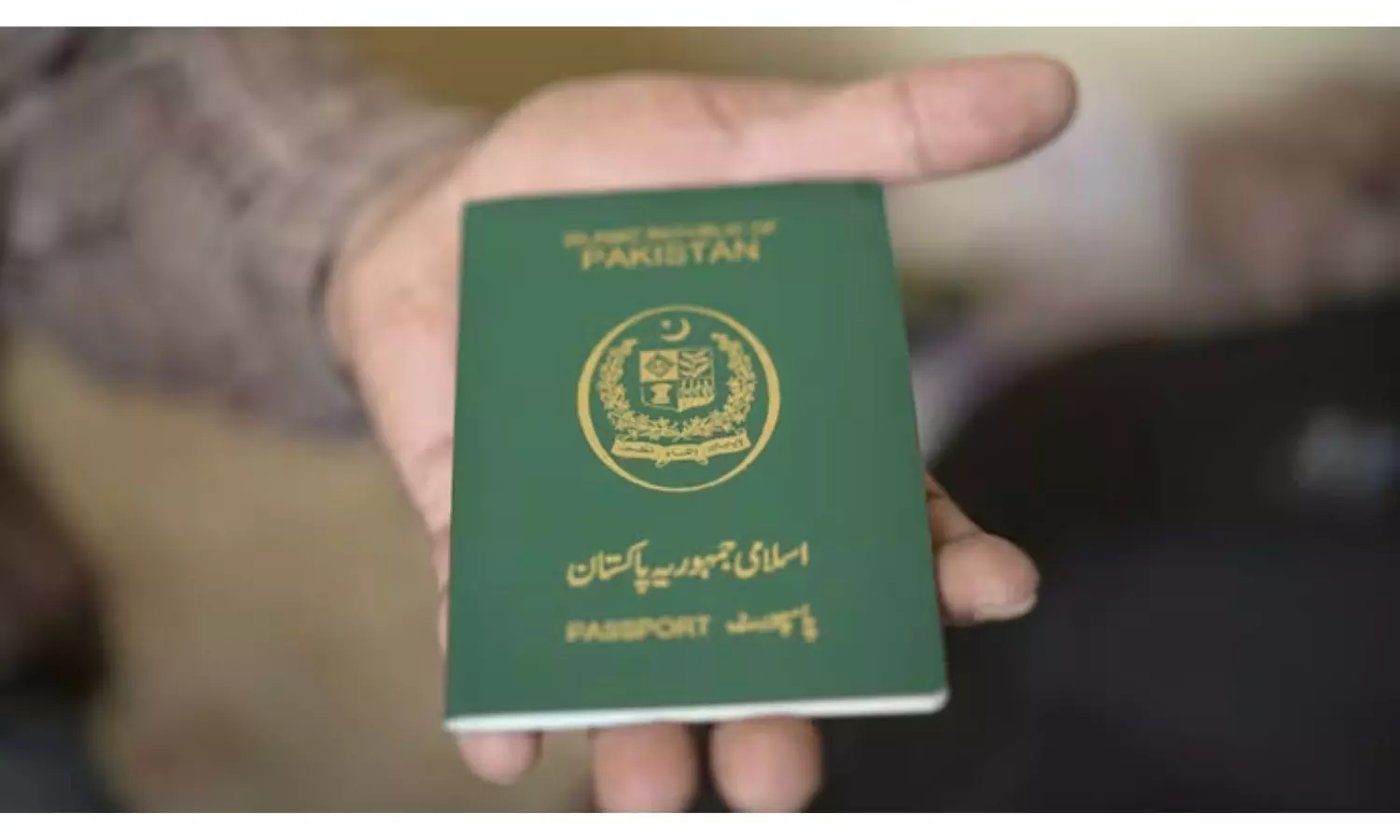Pak Suspends Shimla Accord, Shuts Borders
After a meeting of its National Security Committee, chaired by Prime Minister Shehbaz Sharif, Pakistan’s Foreign Office declared India’s move “illegal,” warning that any attempt to curb or divert waters destined for Pakistan “will be considered an act of war”

New Delhi: India on Thursday suspended all visa services for Pakistani nationals and cancelled existing visas with immediate effect, escalating a diplomatic standoff that began after the April 22 terror attack on tourists in Pahalgam, Jammu & Kashmir.
The Ministry of Home Affairs said Pakistani medical visas will be honoured only until 29 April, and instructed all Pakistani citizens in India to depart before their amended visa-expiry dates. Indian nationals were advised to avoid travelling to Pakistan; those already there were urged to return promptly. Pakistan’s chargé d’affaires Saad Ahmed Warraich was summoned late Wednesday and informed of the measures.
Union ministers Amit Shah and S. Jaishankar briefed President Droupadi Murmu, while foreign secretary Vikram Misri updated envoys from the United States, China, the EU and other major nations. Chinese Ambassador Xu Feihong’s attendance was viewed as notable amid recently improving Sino-Indian ties.
Following an emergency National Security Committee meeting chaired by Prime Minister Shehbaz Sharif, Islamabad placed “all bilateral agreements with India, including the 1972 Shimla Accord,” in abeyance and rejected New Delhi’s pause on the 1960 Indus Waters Treaty as “illegal.” Any attempt to divert Indus-system waters, it warned, “will be considered an act of war.”
Pakistan also expressed “concern” over the tourist deaths in Pahalgam but labelled India’s actions “unilateral and politically motivated.”
The Shimla Agreement commits both nations to bilateral resolution of the Kashmir dispute, while the World Bank-brokered Indus Waters Treaty governs river-water sharing. Islamabad is expected to contest India’s suspension of the treaty at the World Bank.
Aviation analysts estimate Pakistan’s airspace closure could add up to 30 minutes and significant fuel costs to west-bound Indian flights. Trade bodies warn the bilateral freeze could disrupt supply chains reliant on overland routes through Pakistan.
Diplomatic observers see the tit-for-tat measures as the sharpest downturn in relations since the February 2019 Pulwama–Balakot crisis. Whether back-channel talks can ease tensions remains uncertain.
Airspace Closure: Pakistani airspace shut to all Indian-owned or –operated aircraft, forcing Indian carriers to reroute flights to Europe and North America.
Trade freeze: All commerce with India, including third-country transit, suspended.
Border shutdown: Wagah crossing closed; travellers must exit Pakistan by 30 April.
Visa cancellations: SAARC visa exemptions for Indians revoked—except for Sikh pilgrims—with a 48-hour deadline to leave.
Diplomatic expulsions: Indian defence, naval and air advisers declared persona non grata; overall High Commission staff capped at 30 by 30 April 2025.
